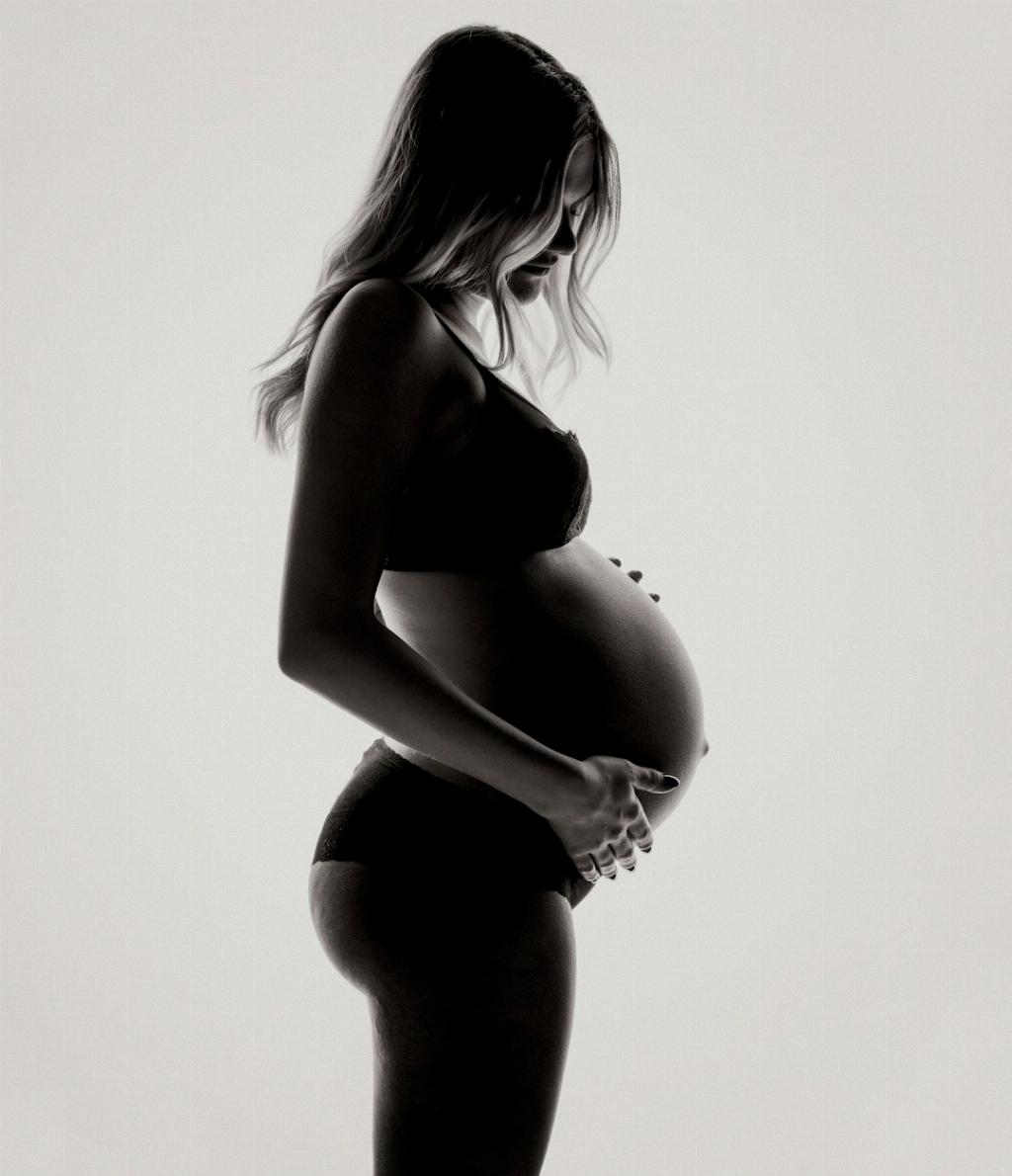One of the most common questions among women who are trying to conceive or suspect they may be pregnant is: How many days does it take to start seeing signs of pregnancy? It’s a question that often comes with a mix of excitement, uncertainty, and perhaps a little anxiety. Understanding the early signs of pregnancy can help alleviate some of the uncertainty and provide insight into what to expect during those crucial first days and weeks.
Timing Matters
When it comes to detecting signs of pregnancy, timing is everything. Most women start experiencing symptoms around 4 to 6 weeks into their pregnancy. This is because it takes approximately that long for the fertilized egg to implant itself in the uterus and for hormone levels to rise high enough to be detected.
Common Early Symptoms
Early signs of pregnancy can vary from woman to woman, but some of the most common symptoms include nausea, fatigue, breast tenderness, and frequent urination. These symptoms are often attributed to the hormonal changes that occur in the body as it prepares to support a growing baby. It’s important to note that not all women will experience all of these symptoms, and some may experience only a few or none at all.
Understanding Implantation Bleeding
One of the earliest signs of pregnancy is implantation bleeding, which can occur 6 to 12 days after fertilization. This light spotting is caused by the fertilized egg attaching itself to the uterine lining. While implantation bleeding is generally lighter and shorter in duration than a normal period, it can be mistaken for a light period by some women.
Changes in the Body
As pregnancy progresses, changes in the body become more noticeable. Your breasts may become more tender, your sense of smell may become heightened, and you may experience mood swings or food cravings. Some women also report feeling more tired than usual, even in the early weeks of pregnancy.
First Trimester Symptoms
During the first trimester, women may also experience morning sickness, which can range from mild nausea to severe vomiting. This symptom typically peaks around 9 weeks into the pregnancy and subsides by the second trimester. Other common first trimester symptoms include bloating, constipation, and headaches.
Seeking Confirmation
If you suspect you may be pregnant based on your symptoms, the next step is to take a pregnancy test. Home pregnancy tests are widely available and are more than 99% accurate when taken after a missed period. If your test is positive, it’s important to schedule an appointment with your healthcare provider to confirm the pregnancy and begin prenatal care.
Emotional Rollercoaster
It’s normal to experience a wide range of emotions when you first suspect you may be pregnant. From excitement and joy to anxiety and uncertainty, it’s natural to feel overwhelmed by the prospect of becoming a parent. Remember that it’s okay to have mixed feelings and to seek support from loved ones during this time.
Healthy Habits
Regardless of whether you’re trying to conceive or have just received a positive pregnancy test, it’s important to prioritize your health and well-being. Eating a balanced diet, staying hydrated, getting regular exercise, and avoiding harmful substances like alcohol and tobacco are all essential for a healthy pregnancy.
Support Network
Building a strong support network of friends, family, and healthcare providers can help you navigate the ups and downs of early pregnancy. Don’t hesitate to reach out to your healthcare provider with any questions or concerns, and lean on your loved ones for emotional support during this transformative time in your life.
Final Thoughts
While the exact number of days it takes to start seeing signs of pregnancy can vary from woman to woman, it’s important to listen to your body and pay attention to any changes you may be experiencing. If you suspect you may be pregnant, trust your instincts and seek the support and care you need to navigate this exciting journey ahead.

